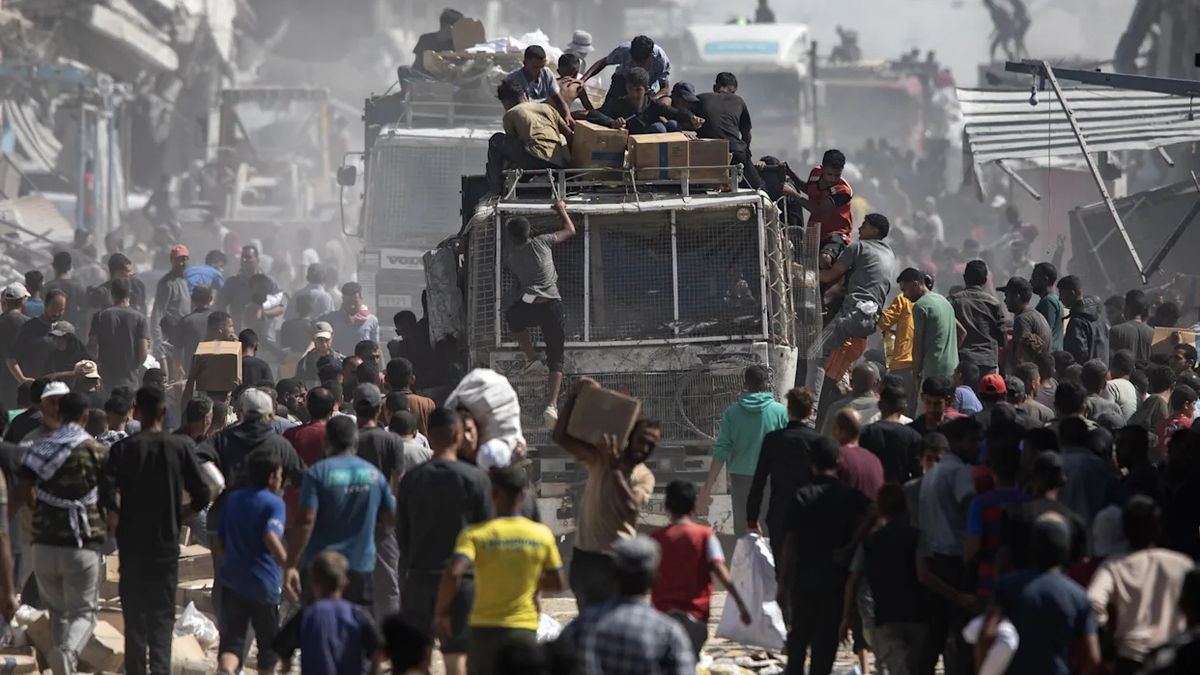I am an author and journalist who has worked in the entertainment industry for over a decade. I currently work as a news editor at a major news website, and my focus is on covering the latest trends in entertainment. I also write occasional pieces for other outlets, and have authored two books about the entertainment industry.
Menu
Loureiro: a ruthless chronicle of a small town, a big hell
Categories
Most Read
Bye MTV: 5 iconic moments of the music signal that marked its history
October 14, 2025
No Comments
Ideal for fans of the saga: Netflix released a film that brings together two titans of science fiction
October 14, 2025
No Comments
Bye MTV: its signal will officially be turned off after 44 years of history
October 14, 2025
No Comments
MasterChef Celebrity: how was the rating on the cooking reality show’s return to television
October 14, 2025
No Comments
Latest Posts

The health benefits of intermittent fasting: the cause that can help the body
October 14, 2025
No Comments
October 14, 2025 – 12:52 Thanks to the rise of intermittent fasting as a diet method, many people wonder what benefits it can bring to

Gaza receives more than 190,000 tons of humanitarian aid from the UN after the peace agreement
October 14, 2025
No Comments
October 14, 2025 – 12:34 The UN announces the massive entry of food, medicine and gas, while workers register intense population movements in the Gaza

Time magazine praised Donald Trump, but was outraged by a detail on the cover
October 14, 2025
No Comments
The renowned American publication time dedicated its last cover to President of the United States, Donald Trump, who stood out as one of the main
24 Hours Worlds is a comprehensive source of instant world current affairs, offering up-to-the-minute coverage of breaking news and events from around the globe. With a team of experienced journalists and experts on hand 24/7.

